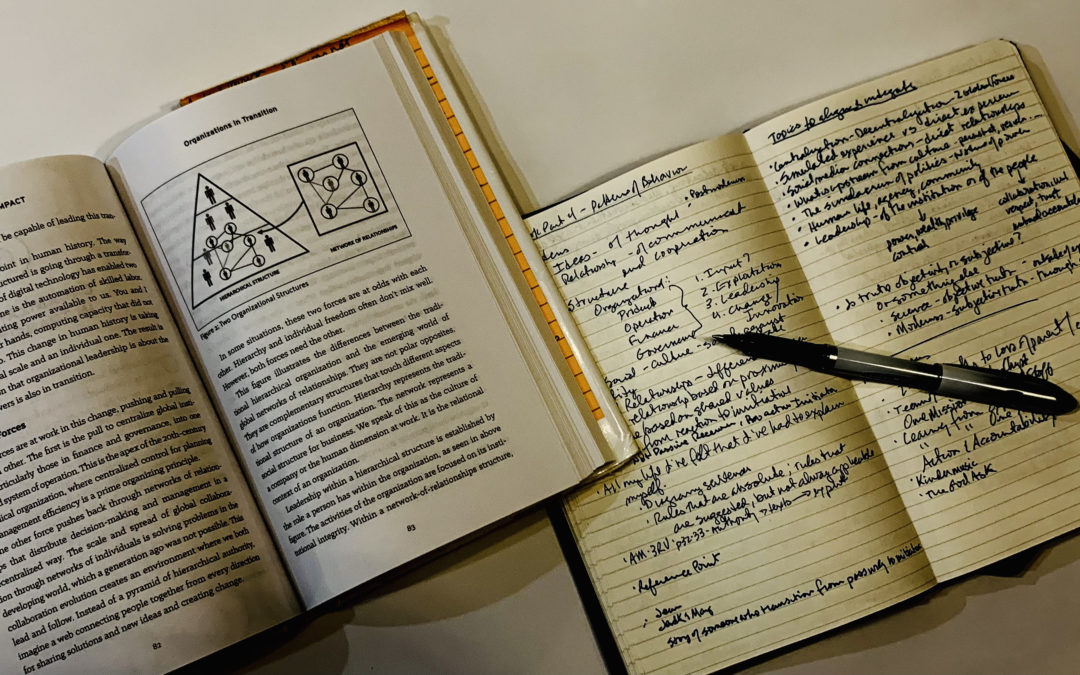


The Future of Leadership – New Substack Venture
Several weeks ago, I began a new writing venture. The Future of Leadership with Ed Brenegar The reason I chose Substack is to expand my audience. I want to write for people who think for themselves and who are willing to change to support their families and...
1000 Years of Joys and Sorrows
Two of Ai Wei Wei’s sayings I treasure because they so resonate deeply with my beliefs about leadership.
“Your own acts tell the world who you are and what kind of society you think it should be.”
“I call on people to be ‘obsessed citizens,’ forever questioning and asking for accountability. That’s the only chance we have today of a healthy and happy life.”
This is the spirit of personal responsibility that points to my conviction that “all leadership begins with personal initiative to create impact that makes a difference that matters.” This responsibility is not something imposed upon us. It is not an obligation or a requirement. Rather, it is the expression of our individual humanity.
Ai Wei Wei suggests that there is a transition in our understanding of leadership taking place. It is from a person being in authority to an expression of our individual humanity. This is why accountability is so essential to a healthy life for a society.
“I see myself not as a leader but as somebody who initiates things or finds the problem or provokes a discussion. You have to be always ready to engage, willing to participate. When events or history happen, you just have to be aware and respond.”

Two Global Forces : Opportunities
Nothing is inevitable, except change. Nothing happens in a uniform or complete manner. Every change creates the conditions for its opposite. This is where opportunities abound.
Entrepreneurs understand this and then when they reach a point of establishment, promptly forget about it. Entrepreneurs want to decentralize power in order to create new opportunities. Then they want to centralize power believing that absolute control produces efficiencies that secure the future of the business. Is entrepreneurial ‘creative destruction’ only a starting point? Or, can a business instill the practice of entrepreneurial opportunity-seeking throughout the organization? I believe that it can.
This is one facet of the tension between centralization and decentralization in society. It has grown in intensity as technologies emerged that support personal endeavors and the control of people through surveillance technologies. The context of this global dynamic I call the Two Global Forces. This post consists of selections from my book, Circle of Impact: Taking Personal Initiative to Ignite Change, on this phenomenon in our world today. I have more to say about this at the end.

Why Some Problems Never Get Solved
In the mid-1990s, I started my consulting practice with the aim of helping leaders strengthen their organizations, with the larger goal of strengthening their local communities. As one project after another came, a pattern began to emerge. Problems presented to me often turned out to be symptoms of more complex problems. These were not isolated incidents. The situations and the kinds of organizations were not similar. Their problems were similar. But more importantly, they were not getting resolved by the way we have all learned to solve problems. For as long as I’ve been working in organizations, the belief has been that the solution is in the problem itself. This approach failed to understand that there is always more going on than the problem itself.

